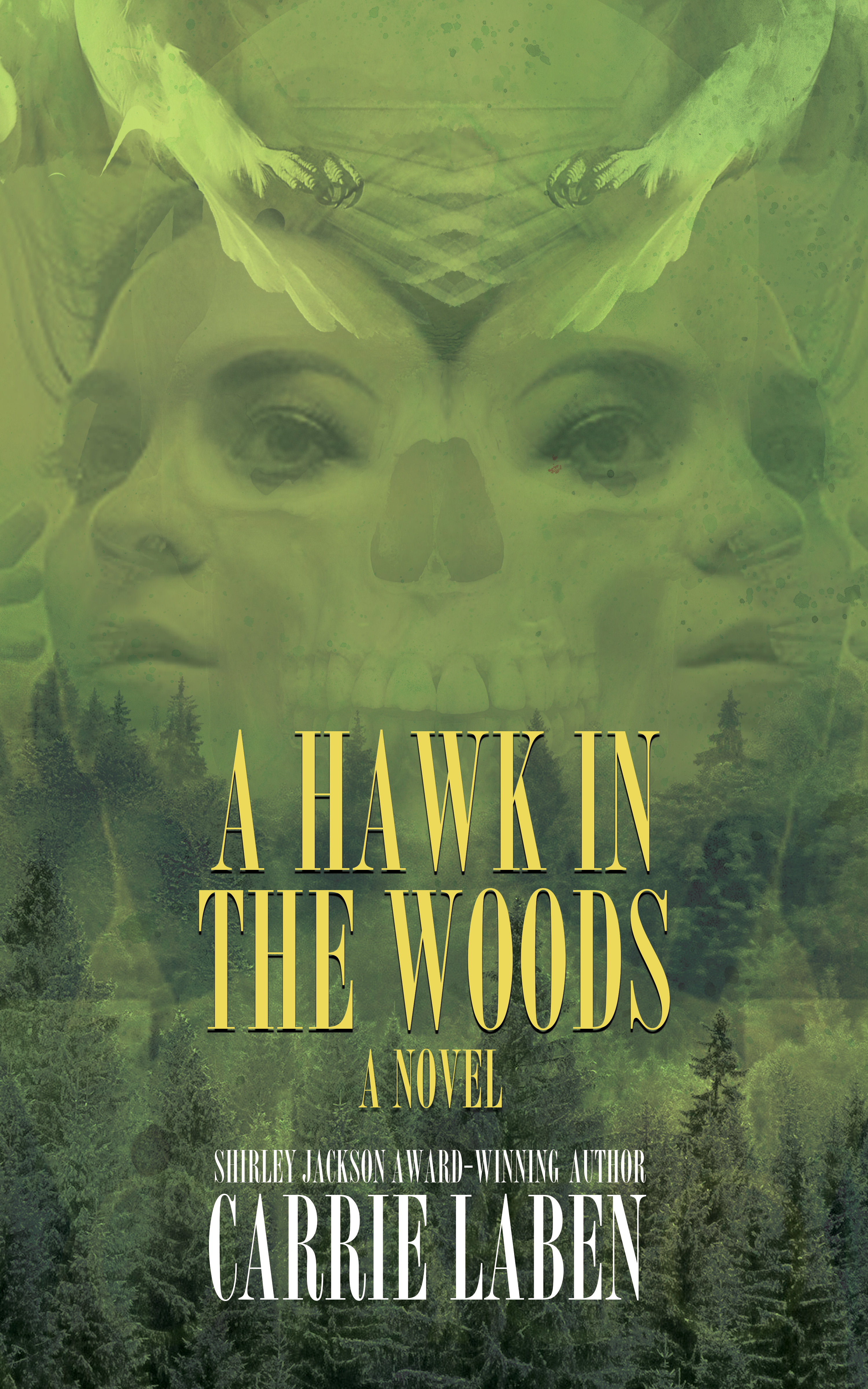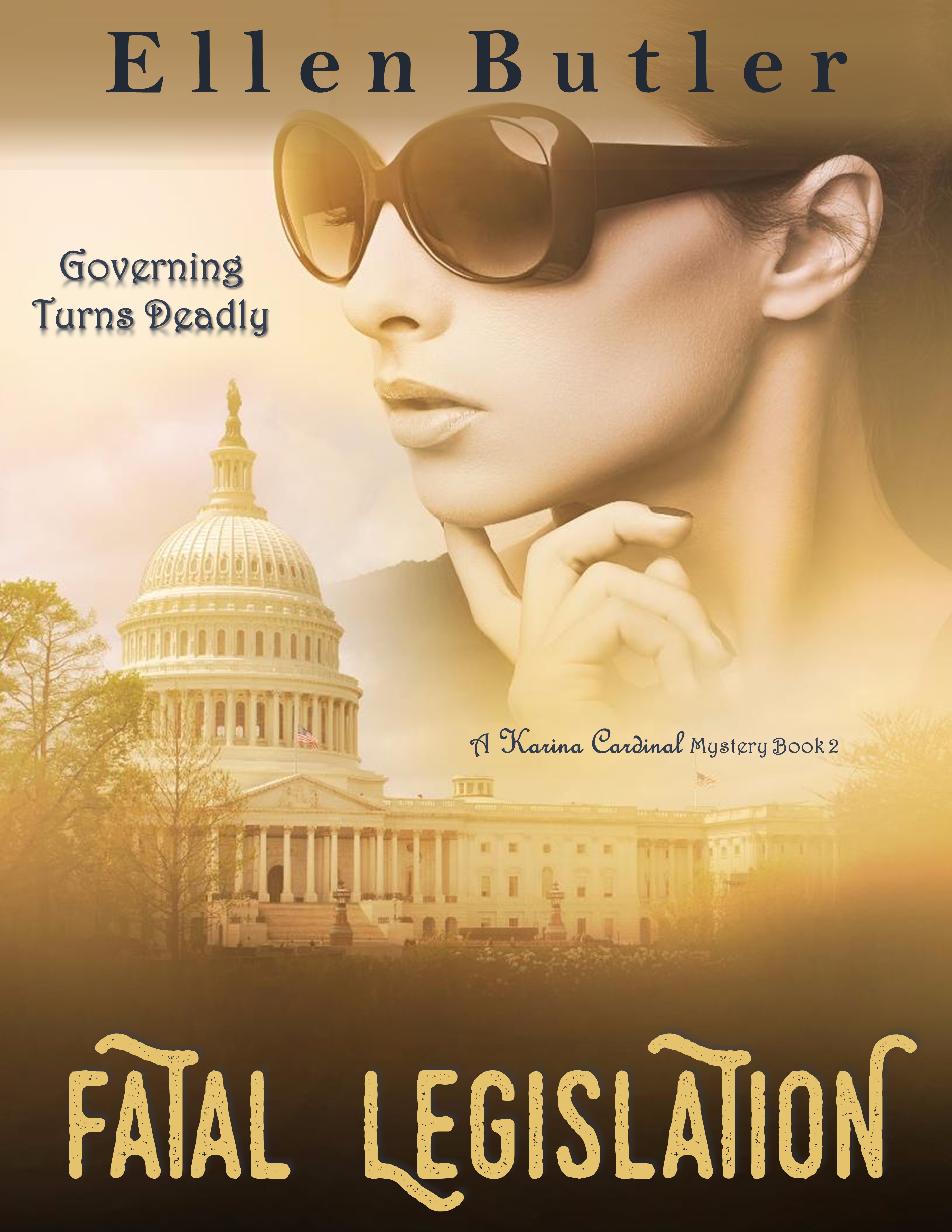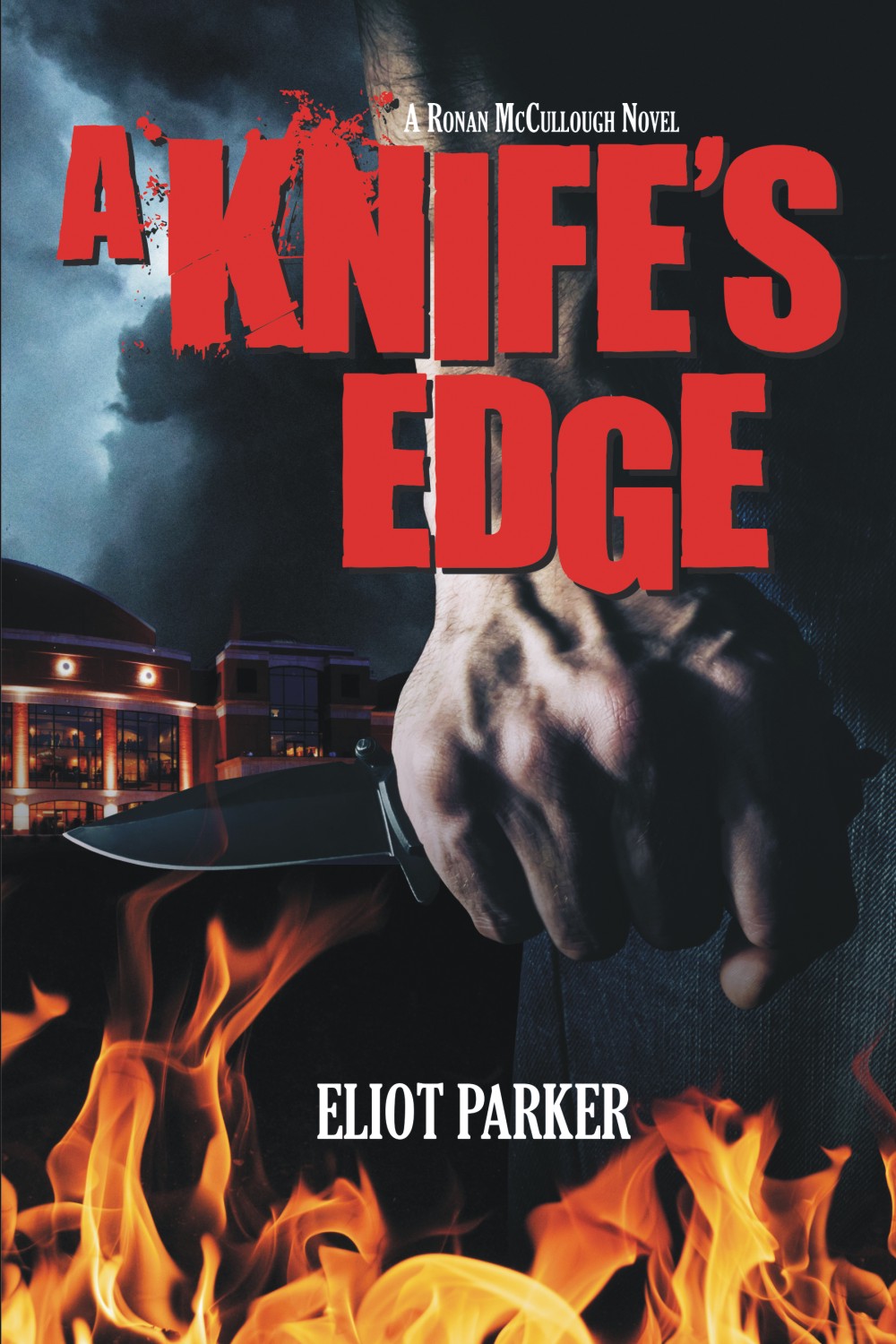This week on The Scariest Part, my guest is author J.L. Delozier, whose new novel is Blood Type X. Here is the publisher’s description:
Mysterious photos of the world’s most wanted killer, Dr. William Blaine.
Coded letters luring Persephone Smith to Spain.
A little girl who is not what she seems.
Criminal psychologist Persephone “Seph” Smith is back on the hunt for Dr. William Baine, a scientist who murdered half the world’s population with his Type O virus. Now, he plans to rebuild the world in his own image — starting with Seph. When the hunter becomes the hunted, Seph must rely on her genetic gift to outwit Baine — and his shadowy accomplice.
Blood Type X is the third installment of the Persephone Smith series, which includes Storm Shelter (“An unconventional mystery that’s smart and unpredictable” – Kirkus Reviews) and the Thriller Award-nominated Type & Cross.
And now, let’s hear what the scariest part was for J.L. Delozier:
Blood Type X, like most thriller/horror novels, has its share of tense, scary moments. Serial killer on the prowl? Check. Terrorist bomb attack? Check. Uber-intelligent mad scientist conducting terrifying human experiments? Check, check, and check.
But the book’s scariest moment comes not with a blast but via a whisper from its seemingly most innocent character — an orphaned Basque child named Sorne. Sorne’s smart, savvy, and fiercely determined to better her miserable life — admirable qualities for the average little girl. Sorne, however, is anything but average. When our heroine, Dr. Persephone “Seph” Smith, is kidnapped, she throws a kink in the child’s plan with an attempted escape. The girl’s response is swift and brutal.
In this scene, Seph is trapped in a coffin-like closet of a subterranean prison with no hope of escape. No one knows where she is — except Sorne. Seph, a psychologist by training, attempts to manipulate the child into freeing her, with this chilling response:
“You’re nothing. So was Marta. Why would Master think you’re special — worth altering his plan for?” The bottom shelves shuddered as if a petulant Sorne had plopped against the door on the opposite side. “You could ruin everything. I’d have to go back to living in that hotel’s stupid lobby. But if I can make you go away…”
The lilting notes of a traditional Basque folk melody filled the frigid air. The child drowned out Seph’s pleas with a serenade, celebrating her misery with a song.
The final notes faded away. Sorne spoke, her voice once again distant and ethereal. “A song for the lamiak. Do you know about them in America? You call them fairies, I think. They live underground, too, just like you, or in rivers, sometimes. I can tell you their story while you die. My sister and I learned it from Mamá when she was dying from theizurria — the plague.”
Sister. Seph grasped at the one thing she and her tormenter shared in common. “Sorne, I have a sister, too. Her name is Grace, and she would be very sad if I disappeared.”
“You already have.”
Here, true horror arises from a child’s casual cruelty — her breathtakingly blatant disregard of Seph’s suffering to insure her own success. Blood Type X has other villains with their own nefarious and terrifying pursuits. Remember our mad scientist? He wants to change your blood type. In real life, it can be done. In Blood Type X, Sorne is living proof. But our little orphan is not content to serve as our mad scientist’s lab rat, his success story. Instead, she becomes the scariest villain of them all.
Blood Type X: Amazon / Barnes & Noble / WiDo Publishing
J.L. Delozier: Website / Facebook / Twitter / Goodreads / Amazon Author Page
J.L. Delozier has practiced rural and disaster medicine for 25 years. For inspiration, she turns to science that exists on the edge of reality — bizarre medical anomalies, new genetic discoveries, and anything that seems too weird to be true.Her first thriller, Type & Cross, debuted in April, 2016 and was nominated for a “Best First Novel” award by the International Thriller Writers organization, of which she’s a member. Storm Shelter followed in June, 2017: Blood Type X released April, 2019. Her short fiction has appeared in the British crime anthology, Noirville: Tales from the Dark Side, in NoirCon’s official journal, Retreats from Oblivion, and in Thriller Magazine (upcoming, July issue.) Her first sci-fi short story won the “Women Hold Up Half the Sky” prize of the Roswell Award and will appear in Artemis Journal later this year. She lives in Pennsylvania with her husband and three rescue cats.





